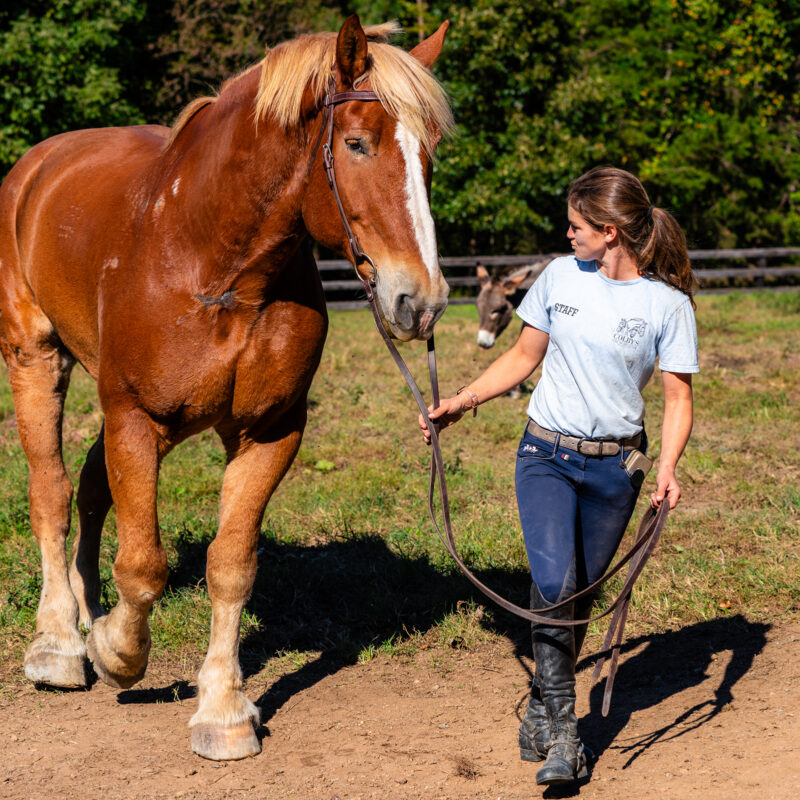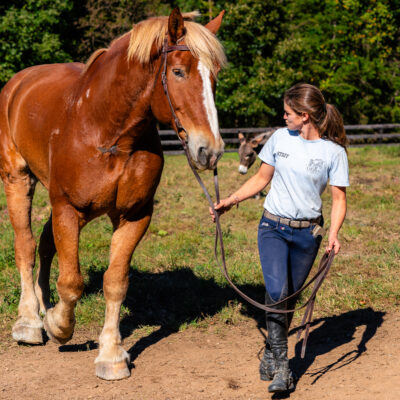We know what Pliny the Elder meant when he wrote “in vino veritas”—give someone wine and he’ll spill the beans. However, in this age of information overload, I prefer it to mean that the wine itself holds the truth. But, with all of our blogging, Facebook posting, podcasting, tweeting and re-tweeting, are we so busy talking about wine that we forget to stop and listen to it?
/wine_without_words.jpg) |
It’s human nature to crave knowledge—especially about things that we love. However, it’s also human nature to then show off everything that we know. As the variety and volume of wine increase, so do the forums in which to pontificate on a topic already fraught with intimidation and snobbery. Every wine blogger becomes a self-proclaimed expert, or worse yet, a critic.
Now, before you start smelling a hypocrite, I’ll say that while I do love a good wine blog (Dr. Vino comes to mind) and regularly check in with the columns and follow-up posts of Eric Asimov at the New York Times and Lettie Teague and Jay McInerney at the Wall Street Journal, I prefer wine writers (and earnestly try to be one myself) who tell stories about wine and bring to light new producers, varietals and regions. Assigning scores willy-nilly, publicly trashing entire varietals or vintages, or discounting winemakers for their use of new oak or commercial yeasts (see Winespeak 101), strikes me as careless assumption of knowledge, assertion of opinion as fact, and most importantly, completely antithetical to wine’s M.O.—pleasure.
Even if you don’t scroll the wine blogosphere, a bottle’s label often tells you what you’ll smell and taste in it. We might buy one because we love pears or reject another because we don’t like mushrooms. And, just as J. Tobias Beard’s cover story on Kluge a few weeks ago revealed, when we’re given TMI (pertinent or not) about a wine (or its owner), we’re not as likely to buy it, or enjoy it. With suggestion being as powerful as it is, wouldn’t we be better off just tasting the wine and letting it speak for itself?
Talk is cheap, and these days, words (especially electronic ones) are even cheaper. With wine’s very nature serving as a conversation lubricant, it’s tempting to use your 140-word maximum to tweet all about the tasty wine you’ve just had that’s so good it’s hard to describe. French oenologist Emile Peynaud wrote in his book, The Taste of Wine, that “it is impossible to describe a wine without simplifying and distorting its image.” It’s as if the intellectual and sensory components of wine are at odds with one another and we’re desperately trying to connect them with words instead of just turning off our brains and turning on our senses.
That’s not to say that ignorance is bliss. I wouldn’t have spent the past decade studying wine if that were the case, but some of my most memorable wine moments have been remarkably quiet ones. There was the Vouvray I drank at a château in the Loire that, even at the tender (and illegal) age that I was, subconsciously drove my eyes to the sky just in time to see a shooting star. There was the naked carafe in Umbria poured by a shepherd who served it with his handmade pecorino cheese. I didn’t ask what the grape was, what the vintage was, or who made it—I didn’t care. We drank in silence broken only by his humming. Most recently, there was the local wine that I drank with the man who made it. It reflected every ounce of skill, passion and devotion that he possesses, but all we said was, “This is good.” In fact, the more I like a wine, the less I have to say about it. Enough said.—Megan Headley
Wine bloggers cometh
The fast-typing fingers behind a third of the 1,000-plus wine blogs that compete for screen time these days will convene (along with industry insiders, winery owners, print journalists and PR reps) here in Charlottesville July 22-24 for the Fourth Annual Wine Bloggers’ Conference. Virginia wines will get a chance to strut their stuff for both well-acquainted and unacquainted enthusiasts. With keynote speeches coming from British wine writer and Oxford Companion to Wine editor Jancis Robinson, along with New York Times wine columnist Eric Asimov, expect our town to be all a-“twitter” with wine buzz.
Winespeak 101
Commercial yeasts (n.): Commercially-grown yeast strains sold with the promise of delivering specific, predictable, consistent traits for the fermentation of wine.





